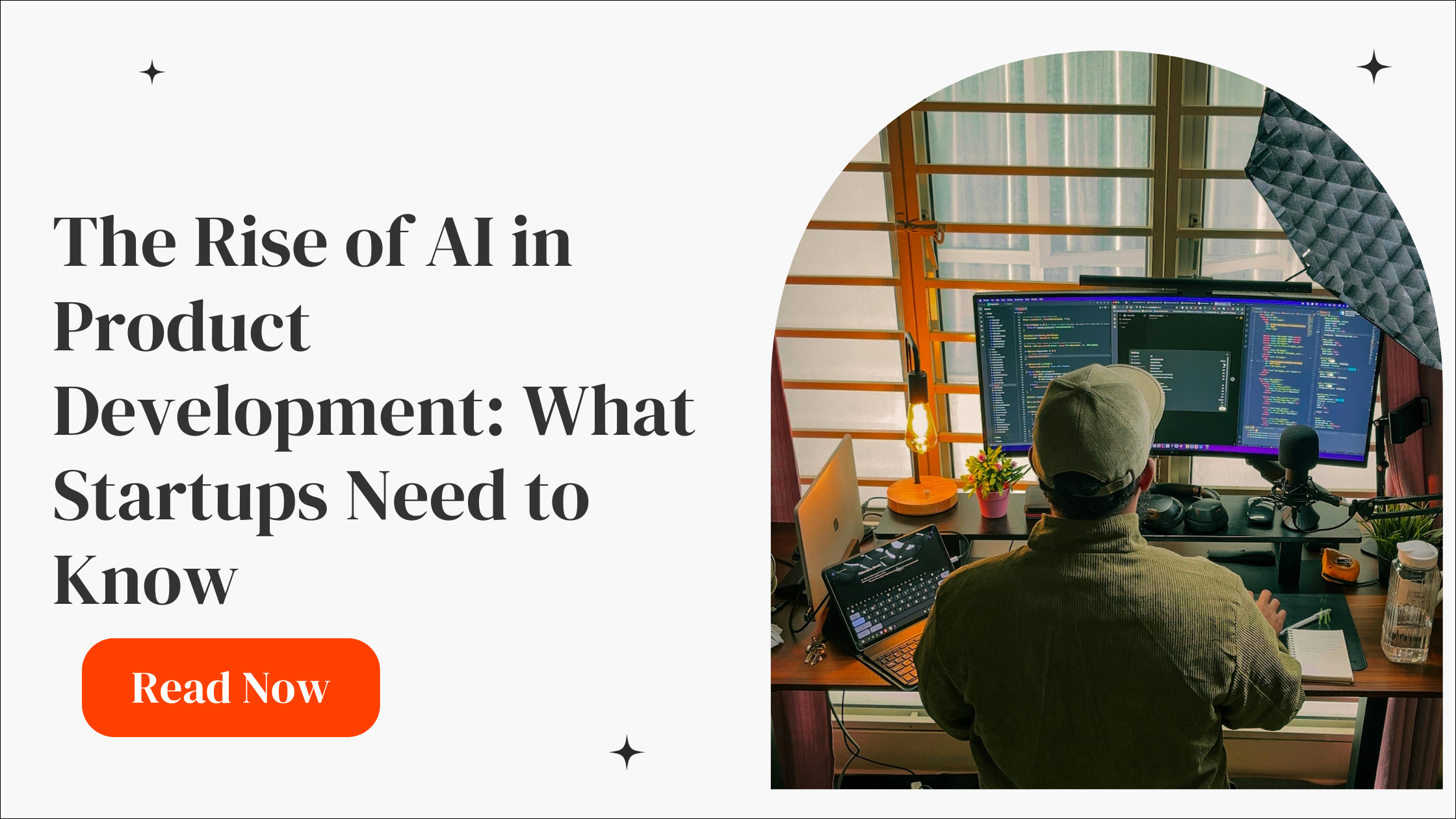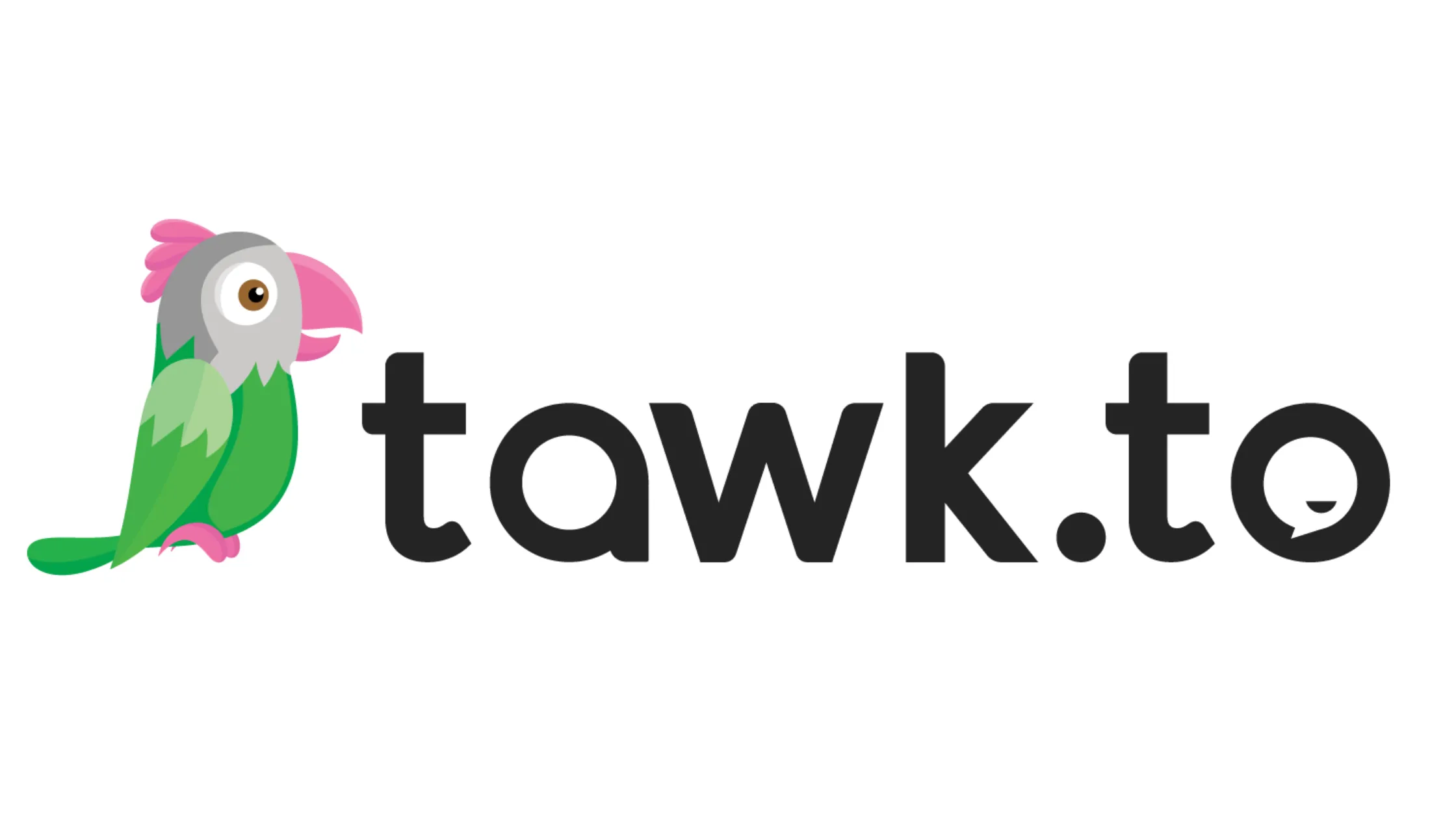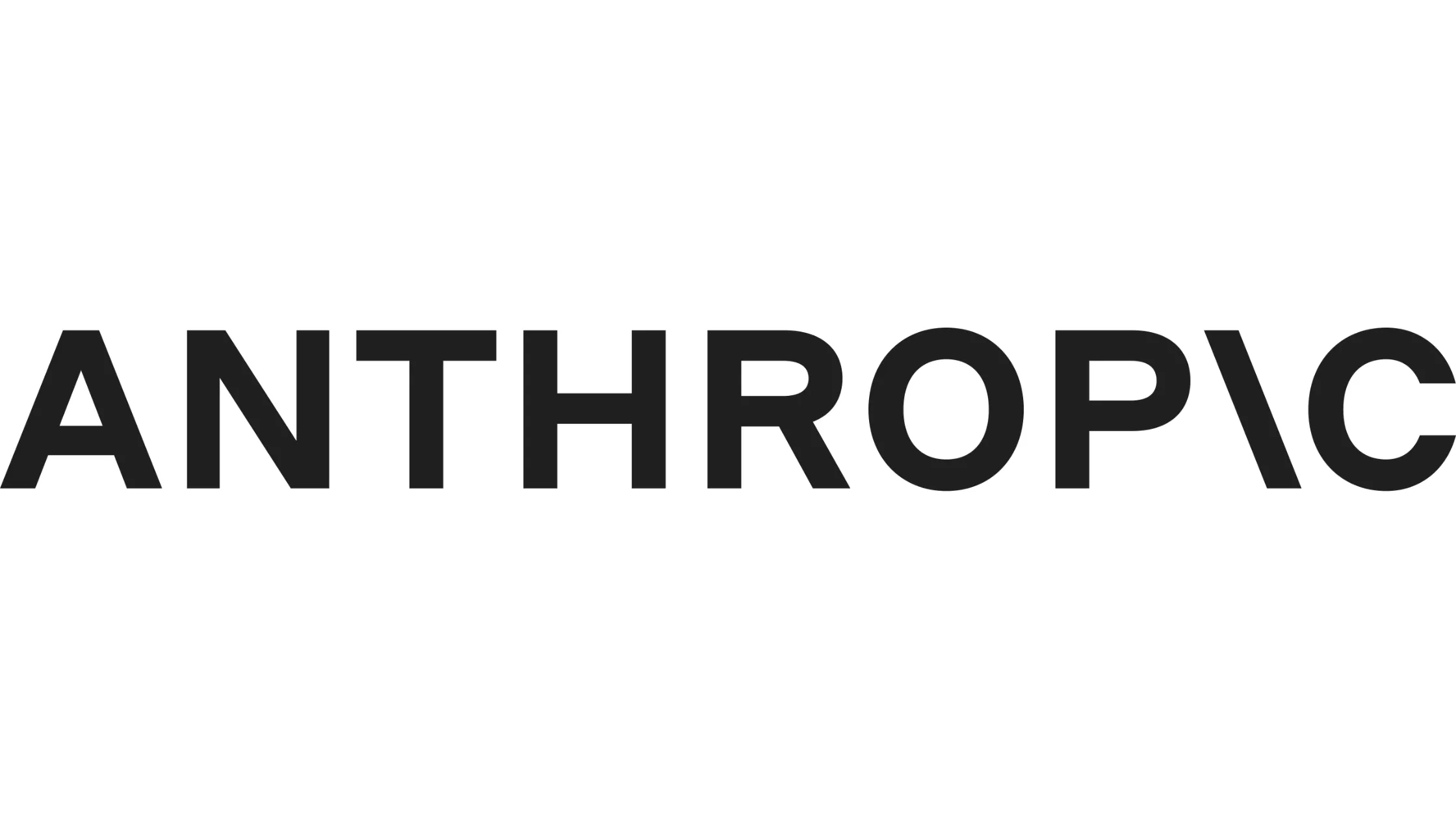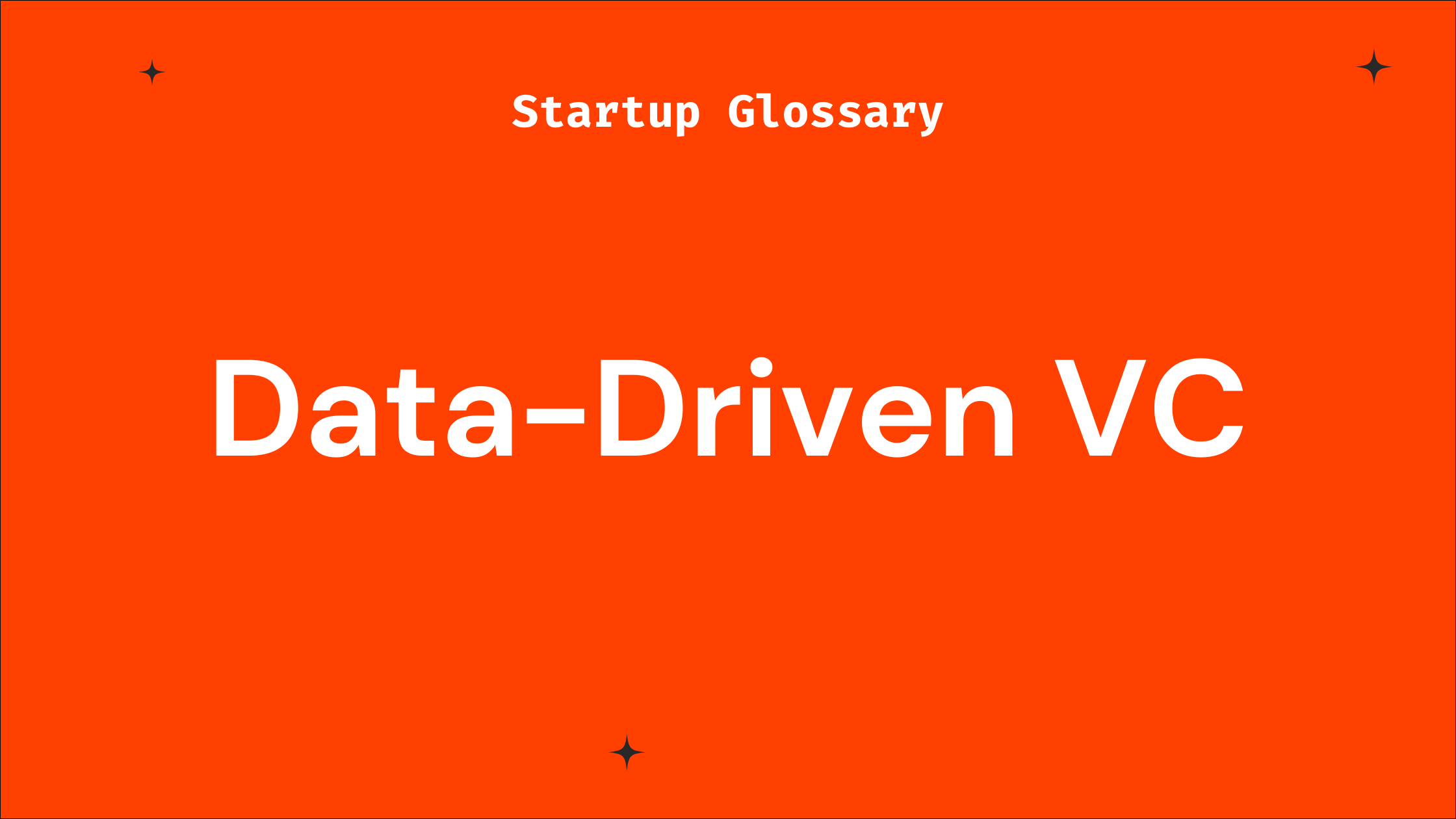
What is Business-to-Consumer (B2C)?
Learn how to build a successful B2C startup with insights on customer acquisition, product development, and scaling strategies for beginners.
If you’re reading this, there’s a good chance you’re considering—or already diving into—a business-to-consumer (B2C) venture. As someone who has been in the trenches as a co-founder and CTO of several startups, I understand how overwhelming it can be when you’re just getting started. B2C is a competitive space, but with the right strategy and understanding of the landscape, you can build a product that connects directly with consumers and generates lasting impact.
Let’s break down what you need to know as a startup founder entering the B2C world. Whether you’re a seasoned founder or just getting your feet wet, this guide will answer your basic questions and help you navigate the complexities of launching a B2C product.
What is B2C?
Defining Business to Consumer
At its core, B2C refers to businesses that sell products or services directly to consumers. Unlike B2B (business-to-business), where the target audience is other companies, B2C businesses aim to fulfill the needs and wants of individual customers. Some familiar examples of B2C companies include Amazon, Netflix, and Peloton.
The beauty of B2C lies in its direct access to the consumer market. You don’t have to rely on intermediaries or wait for long sales cycles typical of B2B. Instead, you get to engage with your end-user right away. But with that comes a few unique challenges and considerations.
Key Characteristics of B2C Businesses
- High Volume, Low Cost: Most B2C models rely on high sales volume to make up for the relatively lower cost per transaction.
- Consumer Behavior Matters: Understanding the psychology behind consumer purchasing decisions is critical. Emotional appeal often plays a significant role.
- Marketing-Driven: Your success in B2C is often dependent on how effectively you can market your product to the masses. This means focusing on branding, advertising, and user engagement.
- Speed and Convenience: Consumers expect fast service and easy-to-use interfaces. Anything too complex, and they’ll move on to a competitor.
How to Build a Successful B2C Product
Know Your Audience Inside and Out
In B2C, understanding your target customer is non-negotiable. You need to know:
- What motivates them to make a purchase?
- How do they use your product in their daily lives?
- What are their pain points, and how can you solve them?
One mistake many startups make is assuming they know what their customers want without validating those assumptions. At Horizon Labs, we’ve seen firsthand how much more efficient and successful product development becomes when you spend the time on market research and testing.
Build for Simplicity and Usability
Your product’s usability can make or break its success in the B2C market. Consumers have little patience for complicated interfaces or slow-loading apps. Whether you’re launching a mobile app, e-commerce site, or SaaS platform, you must ensure the product is intuitive, fast, and easy to navigate.
This is something we emphasize with all our clients at Horizon Labs—whether we’re helping build an MVP or refining an existing product. A sleek, simple, and functional user experience (UX) is often what wins over customers in the B2C space.
Pricing Strategies for B2C
Price your product too high, and you’ll scare off potential customers. Price it too low, and you might struggle to cover your costs or be perceived as low-quality. B2C pricing often hinges on two factors:
- Perceived Value: What are your customers willing to pay? Is your product positioned as a luxury item or a budget-friendly necessity?
- Cost Structure: Consider the cost of goods sold (COGS), marketing expenses, and customer acquisition costs (CAC) when determining your pricing.
A common strategy in the B2C space is freemium, where you offer a free version with limited features and charge for premium upgrades. This model has worked wonders for companies like Spotify and Zoom.
Marketing Your B2C Product
Leverage Digital Channels
One of the biggest advantages of building a B2C business today is access to digital marketing channels. Platforms like Facebook, Instagram, and TikTok give you a direct line to millions of consumers. Effective digital marketing strategies include:
- Social Media Advertising: Build your brand presence where your target audience hangs out.
- Content Marketing: Share valuable content (blogs, videos, infographics) to attract and engage potential customers.
- Email Marketing: Email is still one of the highest-converting marketing channels for B2C businesses.
- SEO and SEM: Optimize your website and invest in search engine marketing to drive organic and paid traffic.
We’ve seen many startups struggle to figure out which marketing channel works best. At Horizon Labs, we often advise founders to experiment with small budgets across various platforms until they find the right mix.
Focus on Building a Brand
In B2C, branding is everything. Consumers buy based on trust, and your brand is how you build that trust. Your brand is more than just a logo or color scheme—it’s the story, mission, and values behind your product.
For example, if your brand is focused on sustainability, make sure your messaging reflects that across your website, social media, and customer interactions. Building a consistent and compelling brand helps you stand out in crowded markets.
Scaling Your B2C Business
Customer Retention is Key
A successful B2C business isn’t just about acquiring new customers; it’s about retaining them. Repeat customers are often more valuable than new ones because they’ve already formed a relationship with your brand and are more likely to make future purchases.
To improve retention:
- Offer personalized experiences.
- Implement loyalty programs.
- Provide excellent customer support.
At Horizon Labs, we often work with clients to create tools that help automate customer retention efforts, like personalized email campaigns and tailored product recommendations.
Know When to Scale
Scaling too quickly can be a fatal mistake. You need to ensure your product-market fit is solid before pouring resources into growth. Metrics like customer acquisition cost (CAC) and lifetime value (LTV) are great indicators of when your business is ready to scale.
Many of our clients at Horizon Labs come to us when they’ve outgrown their initial product and need help scaling to meet increased demand. We specialize in building scalable systems that allow for rapid growth without the technical headaches.
The Importance of Customer Feedback in B2C
Why Feedback is Gold
One of the most valuable assets you have as a B2C startup is customer feedback. The beauty of a direct-to-consumer business is the ability to engage with your end-users, hear their thoughts, and use that input to improve your product. It’s often the quickest way to identify what’s working and what’s not.
Listening to feedback early on allows you to pivot if necessary or make small adjustments that drastically improve the user experience. At Horizon Labs, we emphasize gathering feedback even in the prototype and MVP stages. Testing with real users before you scale can save you time, money, and headaches down the road.
Methods for Collecting Feedback
There are several ways to gather customer feedback effectively:
- Surveys: Send out surveys post-purchase to gauge customer satisfaction and get insights into what they liked or didn’t like about your product.
- Social Media Listening: Monitor social platforms for discussions about your product. This will give you an unfiltered view of how consumers feel.
- In-App Feedback: If you’re building an app or software product, implementing in-app feedback tools can give you real-time input from users.
- Customer Support Channels: Your customer support team can be a treasure trove of feedback. Often, users who reach out with problems will offer useful suggestions on how to improve the product or experience.
Common Pitfalls in B2C Startups (and How to Avoid Them)
Overbuilding Before Validation
One of the biggest mistakes B2C startups make is overbuilding their product before properly validating it. It’s tempting to launch with a full suite of features, but more often than not, startups overestimate what users really need. This can result in wasted time and resources on features that don’t move the needle.
At Horizon Labs, we encourage founders to start with a Minimum Viable Product (MVP). It’s a basic version of your product with just enough features to attract early adopters and validate the core concept. From there, you can iterate based on user feedback, adding features that genuinely enhance the experience.
Misjudging Customer Acquisition Costs (CAC)
Many early-stage B2C startups overlook the true cost of acquiring a customer. Running ads, hiring a marketing team, and creating content can all add up quickly. If your Customer Acquisition Cost (CAC) is higher than the lifetime value (LTV) of your customer, your business isn’t sustainable. This is why it's essential to track these metrics from day one.
Neglecting Customer Support
In the rush to build and market your product, customer support is often sidelined. But great customer support can be a huge differentiator in the B2C space. Responsive, helpful service turns customers into brand advocates and builds loyalty. Conversely, poor support can lead to churn and negative reviews that tank your growth.
Many of our clients at Horizon Labs have integrated live chat or ticketing systems directly into their products to ensure customers feel supported at all times. We’ve found that proactive communication goes a long way in fostering trust and long-term relationships.
Leveraging Data in B2C Growth
Data-Driven Decision Making
As your B2C startup grows, data becomes your best friend. From tracking user behavior to analyzing marketing campaigns, data provides insights that can help you make more informed decisions.
Key metrics to monitor include:
- Customer Lifetime Value (LTV): How much revenue a customer brings over the entire relationship with your brand.
- Customer Churn Rate: The percentage of customers who stop using your product over a given period.
- Conversion Rate: The percentage of visitors who take a desired action (e.g., making a purchase, signing up for a trial).
- Average Order Value (AOV): The average amount spent per customer transaction.
Tools like Google Analytics, Mixpanel, and HubSpot can help you track these metrics. At Horizon Labs, we often work with startups to set up analytics dashboards, giving founders real-time visibility into the health of their business.
Personalization Through Data
One major advantage of collecting data is the ability to personalize the customer experience. Consumers appreciate when brands tailor their offerings based on past behavior or preferences. Amazon is a prime example of this—by leveraging data, they recommend products, promotions, and even delivery methods that feel customized for each user.
We’ve seen similar success with clients at Horizon Labs, where we’ve implemented data-driven personalization to improve customer engagement. Personalized experiences often lead to higher conversion rates and stronger brand loyalty.
The Role of Technology in Scaling B2C Startups
Building a Scalable Infrastructure
When your B2C startup starts gaining traction, you need to ensure your technology can scale alongside it. A surge in users can quickly overwhelm a poorly designed system, leading to slow performance or even crashes—both of which are major turn-offs for consumers.
At Horizon Labs, we’ve helped several startups build scalable infrastructures that can handle sudden spikes in demand. This involves optimizing your codebase, setting up cloud infrastructure like AWS or GCP, and ensuring that your system can scale horizontally (adding more servers) or vertically (adding more capacity to existing servers).
Automation is Key
Another essential factor in scaling is automation. As your user base grows, manual processes that worked when you had 100 customers can become bottlenecks when you have 10,000. Automating customer onboarding, support, and marketing processes frees up your team to focus on higher-value tasks.
For example, automating email campaigns and product recommendations based on user behavior can improve engagement without requiring constant manual intervention. Automation also reduces human error, ensuring consistent service delivery.
Wrapping It Up
Building a B2C startup from the ground up can be both exciting and daunting. But with the right strategy, you can tap into the vast potential of the consumer market. Whether it’s understanding your audience, perfecting your product’s usability, or figuring out your marketing channels, every step is critical to your success.
At Horizon Labs, we specialize in helping startups like yours turn ideas into reality. From rapid prototyping to full-scale custom development, we’ve got the expertise to make your B2C product launch smooth and successful. Let us help you build better, faster, and more cost-effectively than the competition. Reach out today at info@horizon-labs.co or schedule a free consultation at Horizon Labs.
Let’s bring your B2C vision to life!
Frequently Asked Questions (FAQs) about Business to Consumer (B2C):
Q: What are the most common business models for B2C startups?
A: B2C startups generally follow one of several common business models:
- Direct Sales: Selling products or services directly to consumers via e-commerce platforms or retail stores.
- Subscription Services: Offering recurring products or services for a monthly or yearly fee (e.g., Netflix, Spotify).
- Freemium: Providing a free version of your product with basic features and charging for premium upgrades (common in apps and software).
- Marketplace: Facilitating transactions between buyers and sellers, taking a percentage of each transaction (e.g., Etsy, eBay).
Q: How is digital marketing different in B2C compared to B2B?
A: Digital marketing in B2C is more focused on emotions, quick decision-making, and mass appeal. B2C marketing strategies often prioritize:
- Social Media Ads: Quick, visually engaging ads on platforms like Instagram, Facebook, and TikTok.
- Influencer Marketing: Partnering with influencers who can introduce your product to their large followings.
- Content Marketing: Creating relatable, fun, or educational content to drive user engagement and purchases. In contrast, B2B marketing is often more focused on rational decision-making, long-term relationships, and complex buyer journeys.
Q: What are the biggest challenges in scaling a B2C business?
A: Scaling a B2C business comes with several unique challenges:
- Customer Acquisition Costs (CAC): As you scale, it can become harder and more expensive to acquire new customers. It’s essential to keep an eye on your CAC and ensure it doesn’t outpace customer lifetime value (LTV).
- Operational Complexity: More customers mean higher demands for customer support, logistics, and infrastructure. Streamlining operations early is key to avoiding bottlenecks.
- Product Differentiation: As you grow, competition increases. You need to consistently innovate and differentiate your product to retain customers.
Q: How do B2C startups typically handle customer service?
A: B2C startups usually leverage multiple channels to ensure fast and effective customer support. These include:
- Live Chat or Chatbots: Offering real-time assistance on websites or apps.
- Email Support: Providing a dedicated support email for more in-depth inquiries.
- Help Centers or FAQs: Offering a knowledge base with self-help articles to reduce the need for human intervention.Good customer support is crucial in B2C because it can turn a bad experience into a positive one, retaining customers who might have otherwise churned.
Q: How does personalization affect success in B2C?
A: Personalization is a key driver of success in B2C. Consumers today expect brands to know their preferences and offer tailored recommendations. Personalization improves customer experience by making interactions feel more relevant. This can be done through:
- Product Recommendations: Suggesting items based on past purchases or browsing behavior.
- Targeted Email Campaigns: Sending personalized emails based on a user’s interests or activity.
- Customized Offers: Providing discounts or special offers tailored to individual users. Personalization can significantly boost conversion rates and increase customer loyalty.
Q: What role does mobile play in B2C businesses today?
A: Mobile has become a dominant platform for B2C businesses. With more consumers shopping and interacting through their smartphones, optimizing for mobile is essential. Key considerations for mobile in B2C include:
- Mobile-Friendly Websites: Ensuring your website is responsive and easy to navigate on smartphones and tablets.
- Mobile Apps: Developing apps that provide seamless user experiences, quick access to products or services, and easy purchasing options.
- Mobile Payments: Supporting fast, secure payment options like Apple Pay, Google Pay, or other mobile wallets to streamline checkout processes.
Q: What are some ways to build trust with consumers in a B2C model?
A: Trust is essential for any B2C business. You can build trust with your customers by:
- Offering Transparent Policies: Clear return, shipping, and privacy policies help establish credibility.
- Displaying Customer Reviews: Positive reviews and testimonials show potential customers that others have had a good experience with your product or service.
- Using Secure Payment Methods: Offering trusted payment gateways reassures customers that their transactions are safe.
- Delivering Consistent Customer Support: Having reliable and accessible customer service helps customers feel confident in your brand.
Q: How important is branding in B2C?
A: Branding plays a massive role in the B2C space. A strong brand not only helps you stand out from competitors but also creates an emotional connection with your audience. Consistent branding across all touchpoints—from your website and social media to packaging—fosters trust and loyalty, which is critical for long-term success. Brands that can communicate their values, mission, and story effectively tend to cultivate a more loyal customer base.
Q: How do B2C startups typically raise funding?
A: B2C startups often pursue a mix of funding options, including:
- Angel Investors: Early-stage investors who provide seed capital, often in exchange for equity.
- Venture Capital (VC): B2C startups with rapid growth potential may attract VC funding. VCs look for scalability and product-market fit.
- Crowdfunding: Platforms like Kickstarter or Indiegogo allow B2C startups to raise small amounts from a large number of people, often pre-selling products.
- Bootstrapping: Some founders choose to self-fund their startups, reinvesting profits into the business to grow organically.
Q: What is the best way to determine product-market fit in B2C?
A: Product-market fit in B2C is determined when your product satisfies the needs of a specific market segment, and consumers are willing to pay for it. Signs that you've reached product-market fit include:
- Strong Word-of-Mouth: Customers recommend your product to others.
- Low Churn Rate: A majority of your users continue using your product over time.
- Increasing Demand: Sales, downloads, or user sign-ups are growing without heavy marketing investment.At Horizon Labs, we encourage startups to test their product with a small, targeted audience first, gathering feedback and making iterative improvements until the product truly resonates with customers.
Q: How can a B2C startup differentiate itself from competitors?
A: Differentiation in B2C is critical given the crowded marketplace. Some effective strategies include:
- Unique Value Proposition (UVP): Clearly articulate what makes your product stand out—whether it’s price, quality, features, or brand story.
- Exceptional Customer Experience: Providing superior customer service, fast shipping, or a personalized experience can set your startup apart.
- Innovative Marketing: Creative campaigns that resonate emotionally with your audience can capture attention and build brand loyalty. Think of viral marketing or partnerships with influencers.
- Product Innovation: Offering unique features or solutions that aren’t readily available in the market helps you stay ahead of competitors.
Q: What are common B2C pricing strategies?
A: B2C businesses typically choose from several pricing strategies, depending on their goals and market:
- Penetration Pricing: Setting a low price to quickly gain market share, with the intention of raising prices later.
- Premium Pricing: Charging a higher price to create a perception of luxury or superior quality.
- Competitive Pricing: Setting your price based on what competitors charge for similar products or services.
- Bundle Pricing: Offering multiple products or services together at a lower rate than buying them individually to increase perceived value.
- Psychological Pricing: Using pricing tactics like ending prices in .99 to make products appear more affordable.
Q: How long does it typically take for a B2C startup to become profitable?
A: The timeline for profitability in a B2C startup varies greatly depending on factors like industry, product complexity, and marketing costs. On average, it can take anywhere from 18 to 36 months for a B2C startup to break even and become profitable. However, this timeline can be shortened by:
- Keeping operational costs low.
- Focusing on customer retention to increase lifetime value (LTV).
- Minimizing customer acquisition costs (CAC) through effective marketing strategies.Some B2C startups, especially in e-commerce, may reach profitability faster, while others, like subscription-based businesses, often take longer as they focus on building a large, recurring revenue base.
Q: How important is customer loyalty for B2C startups?
A: Customer loyalty is essential for long-term success in B2C. Loyal customers:
- Spend more: Repeat customers tend to spend more than new customers over time.
- Provide free marketing: Happy customers are more likely to recommend your product to others, reducing your marketing costs.
- Cost less to retain: It’s much cheaper to retain an existing customer than to acquire a new one.Building loyalty requires a focus on excellent customer service, delivering on promises, and maintaining high product quality. Implementing loyalty programs, offering discounts to repeat customers, and personalizing interactions can also enhance customer loyalty.
Q: What metrics should B2C startups track?
A: To ensure sustainable growth, B2C startups should track key performance indicators (KPIs) such as:
- Customer Acquisition Cost (CAC): The total cost of acquiring a new customer, including marketing and sales expenses.
- Customer Lifetime Value (LTV): The total revenue a single customer is expected to generate during their relationship with your company.
- Churn Rate: The percentage of customers who stop using your product or service over a specific period.
- Conversion Rate: The percentage of visitors who take a desired action, such as making a purchase or signing up for a service.
- Monthly Recurring Revenue (MRR): For subscription-based businesses, this measures the predictable income generated every month from subscriptions.
- Average Order Value (AOV): The average amount spent each time a customer makes a purchase. Increasing AOV can have a direct impact on profitability.
Q: How do B2C businesses build trust with new customers online?
A: Building trust with new customers in an online environment is crucial for converting leads into loyal customers. Strategies include:
- Clear, Transparent Policies: Displaying return, privacy, and shipping policies prominently to build credibility.
- Customer Reviews and Testimonials: Featuring positive reviews and testimonials on your website helps build social proof.
- Secure Payment Options: Offering trusted and secure payment gateways reassures customers that their financial information is safe.
- Certifications and Seals of Approval: Displaying industry certifications, security badges, and partnerships with well-known organizations can enhance your startup’s credibility.
- Strong Branding: Consistent messaging, a professional website, and clear product information help establish trust early in the customer journey.
Q: What are some examples of successful B2C brands?
A: Some standout B2C brands that have achieved massive success include:
- Airbnb: Pioneered a new way for consumers to find lodging, focusing on the experience over traditional hotels.
- Warby Parker: Revolutionized the eyewear industry by offering affordable, stylish glasses online with a direct-to-consumer model.
- Glossier: A beauty brand that built its empire by prioritizing community-driven marketing and offering products shaped by customer feedback.
- Spotify: Became the go-to music streaming platform through its freemium model, allowing users to experience the product before committing to a paid subscription.
Each of these brands succeeded by understanding their target audience deeply and offering unique value in their respective industries.
Whether you're validating an idea, scaling an existing product, or need senior engineering support—we're happy to talk through it. No pitch, just a conversation. From MVPs to AI integrations, we've shipped 60+ products since 2019. Tell us what you're building and we'll share how we can help.
Need Developers?
We help companies build ideas into apps their customers will love (without the engineering headaches).
















For Startups & Founders
We've been founders ourselves and know how valuable the right communities, tools, and network can be, especially when bootstrapped. Here are a few that we recommend.

Mistakes to Avoid When Building Your First Product
Learn the key mistakes founders make when building their first product—and how to avoid them for a faster, smoother launch.
Read more
The Rise of AI in Product Development: What Startups Need to Know
Learn how AI is transforming product development for startups. From MVPs to scaling, here’s what founders need to know in today’s AI-driven world.
Read more
No-Code vs. Custom Development: Which is Right for Your Startup?
Weighing no-code vs. custom development? Learn which is right for your startup depending on stage, budget, and product complexity.
Read more
What is Mixpanel?
Learn how Mixpanel helps startups track user behavior to improve products and accelerate growth with clear data-driven insights.
Read more
How Tawk.to Can Boost Your Startup’s Customer Support Game
Learn how Tawk.to can benefit startups by enhancing customer support and engagement. Perfect for early-stage founders!
Read more
Grow Your Startup With Anthropic's AI-Powered Tools
Discover how Anthropic's cutting-edge AI tools can accelerate your startup's success. Learn about their benefits and see why they can be trusted by startups.
Read more
What is Data-Driven VC?
Learn what a data-driven VC means and how such investors can benefit your startup’s growth and fundraising journey.
Read more
What is Blockchain?
A beginner-friendly guide on blockchain for startup founders, covering key concepts, benefits, challenges, and how to leverage it effectively.
Read more
What is Cybersecurity?
Learn cybersecurity basics tailored for startup founders. Understand key risks, best practices, and how to protect your startup from tech threats.
Read more
What is Seedcamp?
Learn what Seedcamp is, how its European seed fund and accelerator program work, and how founders can use its capital, mentorship, and network to scale their st
Read more
What is AngelList?
AngelList is a prime platform connecting startup founders to investors, talent, and resources to accelerate early-stage growth.
Read more
What is 500 Startups?
Learn what 500 Startups (now 500 Global) is, how its accelerator and seed fund work, and when founders should consider it—plus tips for early-stage startups.
Read more.png)